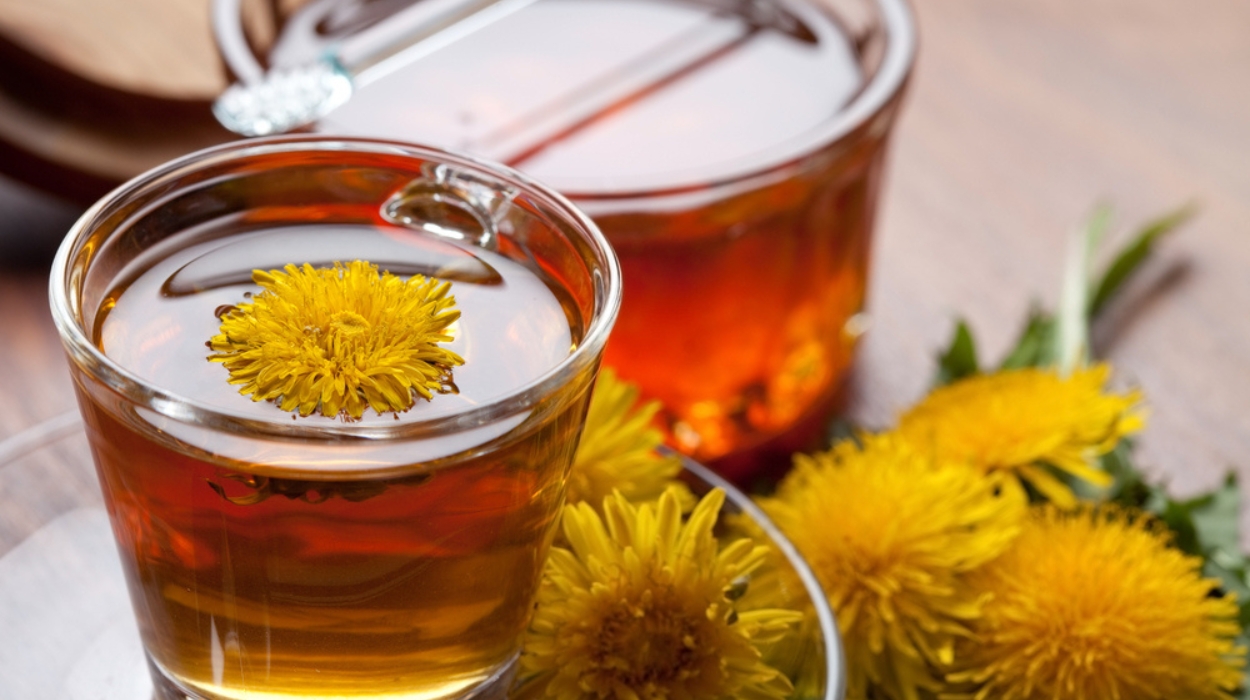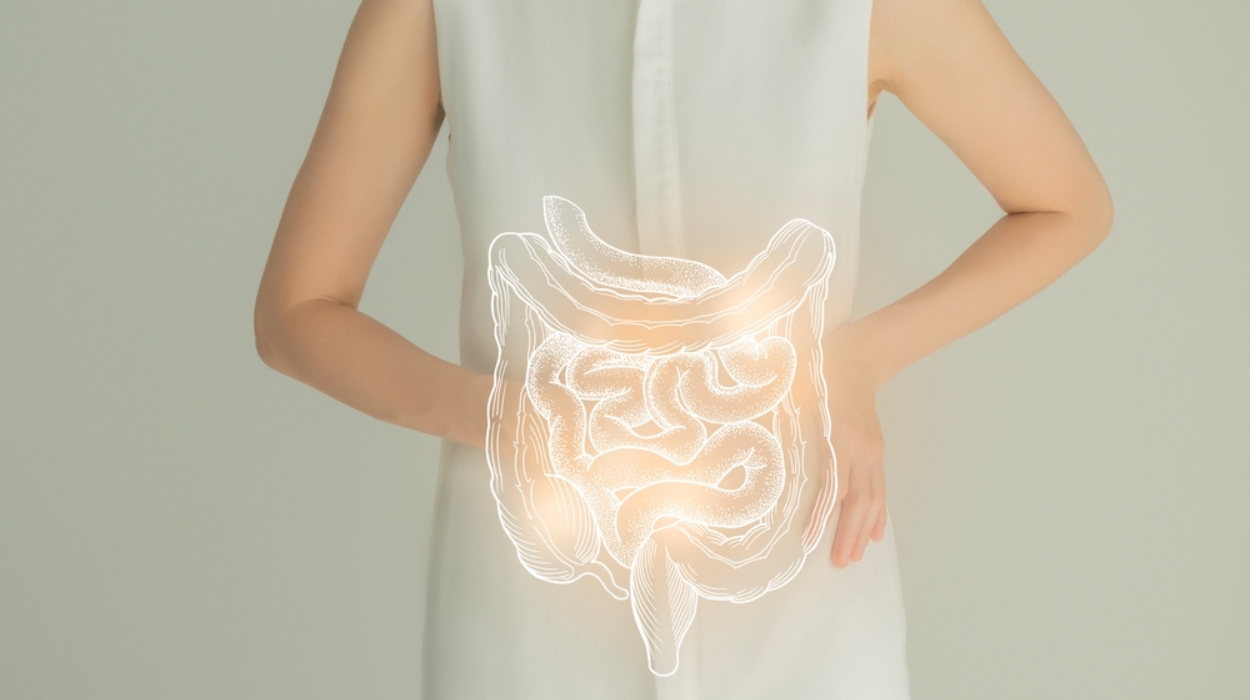Your gut plays a crucial role in overall health and well-being. It’s responsible for digesting food, absorbing nutrients, and eliminating waste. But, just like any other body part, it can become clogged and overwhelmed with toxins. This is where gut cleansing comes in. So, how to clean your gut? This article will explore 11 natural methods, including dietary changes, supplements, and lifestyle adjustments.
How To Clean Your Stomach And Intestines Naturally?
- Do a water flush.
- Do a saltwater flush.
- Drink lemon water and honey.
- Drink herbal teas.
- Drink juices and smoothies.
- Add ginger to your diet.
- Add resistant starches to your diet.
- Maintain a high-fiber diet.
- Supplement with fish oil.
- Take probiotics.
- Try fasting.
How To Clean Your Gut Naturally?
Cleaning out your gut can be done through a variety of natural methods. Here are 11 methods worth trying:
Do A Water Flush
A water flush is an easy, effective way to improve colon health and prevent colon cancer. This involves drinking lukewarm water in large volumes, usually between 8 and 12 cups, in a short period. In addition to hydrating the body, it can help flush out toxins and promote regular colon irrigation. Make sure it’s lukewarm water, not cold water, as cold water can cause the gut to constrict and slow down digestion.
Do A Saltwater Flush
A saltwater flush is a more intense version of a water flush. It involves mixing 1-2 teaspoons of sea salt into a quart of warm water and drinking it immediately. A saltwater mixture stimulates intestinal muscles and promotes bowel movements. Not everyone can benefit from this method, as it may cause nausea, cramping, and diarrhea if not done correctly.
Drink Lemon Water & Honey
Drinking lemon water and honey is a great way to start your day. Lemons can improve digestion, alkalize the body, and remove toxins. Honey has antibacterial properties, which can help to soothe the gut and promote good bacteria. To make lemon water, squeeze the juice of half a lemon into a glass of warm water and add a teaspoon of honey.
Drink Herbal Teas

Several herbal teas, including ginger, turmeric, and dandelion, help detoxify the liver, improve digestion, and promote regular bowel movements. Tea made from ginger can reduce bloating and gas, turmeric tea can reduce gut inflammation, and dandelion tea can promote healthy digestion.
Drink Juices & Smoothies
Juices and smoothies made from fruits and vegetables can provide a quick and easy way to consume high levels of nutrients and fiber. These can help[1] regulate digestion and improve the gut microbiota with beneficial nutrients.
Add Ginger To Your Diet
Ginger is a natural anti-inflammatory that can help improve digestion and reduce bloating. You can add ginger to your diet by grating it into tea or juice. Ginger contains gingerols, which have been shown[2] to reduce inflammation and pain, especially in the digestive system. Additionally, it helps to stimulate the production of digestive juices, which helps to break down food more efficiently and reduce bloating.
Add Resistant Starches To Your Diet
Resistant starches,[3] such as those found in green bananas, plantains, and potatoes, can act as a prebiotic and help feed the gut’s beneficial bacteria. These starches are not digested in the small intestine and are fermented in the colon by the gut bacteria, which produces short-chain fatty acids that can support gut health.
Maintain A High-Fiber Diet
A high-fiber diet can help to promote regular bowel movements and keep the gut clean by adding bulk to the stool and increasing the frequency of bowel movements. Healthy plant foods high in fiber include fruits, vegetables, whole grains, and legumes. Moreover, apple cider vinegar is a probiotic that cleanses your large intestine.
Supplement With Fish Oil
Fish oil supplements can help[4] reduce inflammation and improve gut health by providing the body with omega-3 fatty acids, which can help reduce inflammation in the gut and improve gut barrier function.
Take Probiotics
Probiotics can help to repopulate the gut with beneficial bacteria, improving gut health and digestion. These beneficial bacteria can help break down food, absorb nutrients, and fight harmful bacteria. The beneficial bacteria in a probiotic supplement help restore bacteria’s balance[5] in the gut, improving digestion and nutrient absorption. They can also help to reduce inflammation and boost the immune system by fighting harmful bacteria.
Try Fasting
Your gut gets a break and can rest and recover when you fast. In addition to reducing inflammation, intermittent fasting[6] allows the gut to repair and regenerate and promotes the growth of beneficial bacteria. Whenever possible, fasting should be performed under the guidance of a doctor and should not be done for a long period.
Health Benefits Of Gut Cleansing

A gut cleanse, which can also be referred to as a colon cleanse, rids the gut of toxins and other waste. Changing your diet, taking supplements, and altering your lifestyle can help you achieve this. Gut cleansing helps improve digestion, boost the immune system, and promote health and well-being. The following are some benefits of gut cleansing:
Help With Constipation
One of the most common benefits of gut cleansing is constipation relief. It is essential to consume lots of fiber and drink plenty of water if you want to avoid chronic constipation. Fiber helps move food through the digestive system, while water supports healthy gut flora. Further support can be provided by supplements such as ginger, magnesium, or probiotics.
Correct Irregular Bowel Movements
Gut cleansing can also help regulate digestion. Probiotics balance the good bacteria in the gut, which can benefit regularity. The gut microbiome becomes more balanced by eliminating toxins and increasing the population of beneficial bacteria in the gut through probiotics and fermented foods.
Improve Digestion
Gut cleansing can also improve digestion. Consuming ginger helps to reduce inflammation, while magnesium works to relax the muscles in the digestive tract. These changes can lead to better nutrient absorption, less gas and bloating, and a healthy colon.
Relieve Stomach Pain
Gut cleansing can also help relieve stomach pain. Colon cleanses can alleviate symptoms such as stomach cramps and gas by reducing inflammation and promoting regular bowel movements.
Minimize Mood Swings
Gut cleansing can also help to balance your mood. This is because the gut and brain are connected through the gut-brain axis.[7] A healthy gut can lead to improved mood and reduced stress. When the gut microbiome is balanced, it can modulate the release of hormones and neurotransmitters that affect mood, such as serotonin and dopamine. Additionally, an unhealthy gut can lead to systemic inflammation, which has been linked to various mental health issues.
Strengthen Gut Health
In addition to reducing inflammation and boosting the growth of beneficial bacteria, Gut cleansing also strengthens gut health by removing toxins from the body. The gut is responsible for processing food, absorbing nutrients, and eliminating waste. To maximize your health and well-being, your healthy digestive system must function properly.
What Is Gut Cleansing?
Gut cleansing, also known as “colon cleansing” or “detoxing,” is a process of eliminating toxins and other waste from the digestive tract. This can be done through dietary changes, supplements, and lifestyle adjustments. The goal of gut cleansing is to improve digestive health, boost the immune system, and promote overall health and well-being.
When Should You Clean Your Gut?
Healthy intestines naturally get rid of toxins[8] but doing a gut cleanse in certain situations might be helpful. Colon Cleansing helps get rid of toxins and bacteria in the large intestine. The body is encouraged to expel waste by drinking a particular solution or taking colon cleansing products. When you have digestive problems like bloating, constipation, or diarrhea, colon cleanses can help.
Is Gut Cleansing Safe?
Generally, Gut cleansing is considered safe when performed according to the advice of a healthcare professional. There is, however, a risk that some detox methods can be harsh on the body and may result in fatigue, headaches, and nausea. It’s also wise to consult your doctor before starting a colon cleanse since some supplements and herbal remedies can interact with other medications.
Gut cleansing should not replace regular medical care; it is not a one-size-fits-all solution. Before making any changes to your diet or lifestyle, talk with your doctor or specialist.
Conclusion
Gut cleansing eliminates toxins from the gut to improve digestion, boost the immune system, and promote overall health and well-being. It can also help with constipation relief by supporting healthy gut flora, consuming a high-fiber diet, and drinking plenty of water. Colon cleansing can help minimize mood swings because a healthy gut can improve mood and reduce stress, and an unhealthy gut can lead to systemic inflammation. A natural colon cleanse is considered safe when performed according to the advice of a healthcare professional, but some detox methods can be harsh on the body.
The purpose of gut cleansing isn’t to replace regular medical care or to solve all health problems. This is only general information; you should consult your doctor or a specialist before making any lifestyle or dietary changes. Some methods may not be suitable for every individual, so listen to your body and adjust as necessary.
Frequently Asked Questions
Gut cleansing, also known as “detoxing” or “colon cleansing,” is a process of eliminating toxins and other waste from the digestive tract through dietary changes, supplements, and lifestyle adjustments. The goal is to improve digestive health, boost the immune system, and promote your general health.
If you have digestive problems like bloating, constipation, or diarrhea, a gut cleanse might help. However, it is also not a one-size-fits-all solution. It’s wise to consult a healthcare professional before making any changes to your diet or lifestyle.
Gut cleansing is generally considered safe when performed as directed by a healthcare professional. However, some detox methods can cause fatigue, headaches, and nausea. In addition, some supplements and herbal remedies can interact with other medications, so consult your doctor before starting a colon cleanse.
There are a variety of natural colon cleanses to clean out your gut, including a water flush, a salt water flush, drinking lemon water and honey, herbal teas, juices, smoothies, ginger, fermented foods, probiotics, fiber, reducing sugar intake, and practicing yoga and other forms of exercise.
 Expert's opinion
Expert's opinion
